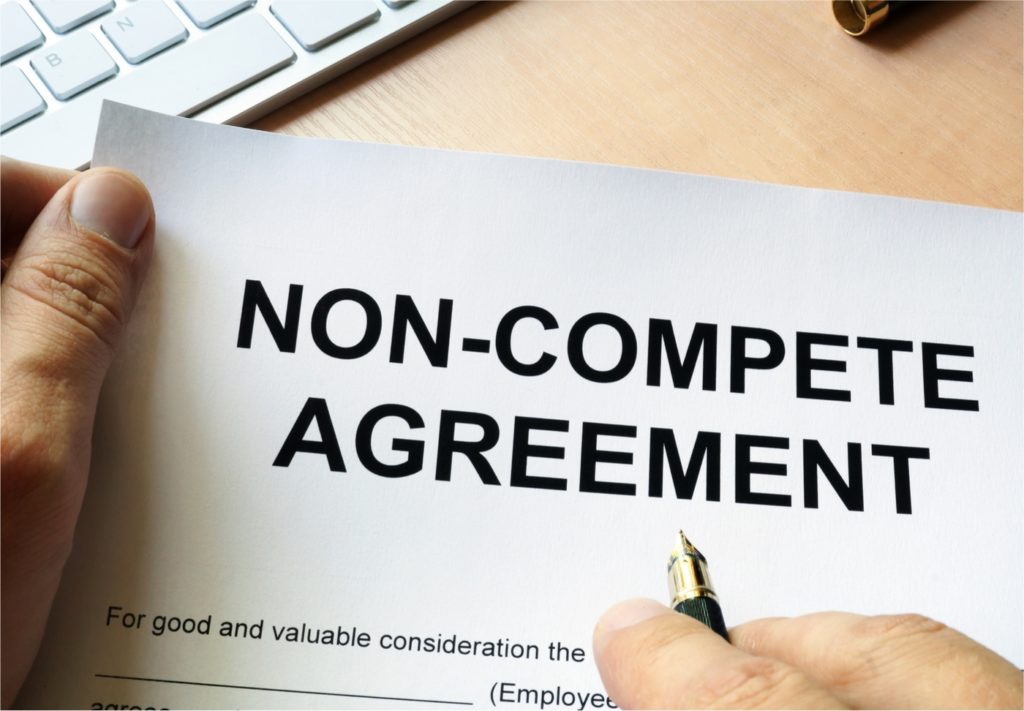Non-compete agreements were originally intended to protect companies from losing market share or other private information if their executives took a job with a competitor. The idea is that company leaders are privy to trade secrets and other insider knowledge that a competing company potentially could leverage to steal business or market share, thus hurting the company, its investors, and even its remaining employees.
On the surface, then, non-compete agreements might seem like a good thing, at least under some circumstances. But many employers — including employers in Connecticut — have expanded the justification for non-competes beyond its breaking point, forcing non-competes on not only a company’s senior leadership, but also on rank and file employees.
The Connecticut media has recently focused its attention on a legal case involving a company suing a former employee for breaking the terms of her non-compete agreement by leaving for another job. The individual in this case, though, was not the CEO or a vice president or even a manager. She was a janitor. Even more troubling, this is not an isolated case. Employers have sued many other non-exempt, hourly employees for violating non-compete agreements, including warehouse employees, kitchen workers, hair stylists, and even dog walkers.
Following the media exposure that resulted from the janitor case, the plaintiff-company dropped its lawsuit, explaining that it (now) did not want to restrict the employment of such hourly employees. It’s obvious that the original intent of these agreements has been expanded well beyond any correct and reasonable interpretation of protecting proprietary information. The situation is made worse here in Connecticut by the actions of the courts and the inaction of the Legislature.
A recent editorial in Connecticut Law Tribune opines that the Legislature has not done enough to restrict non-compete agreements to their original purpose. In neighboring Massachusetts, for example, the non-compete agreement parameters are more narrowly defined. Among other things, non-competes in Massachusetts do not apply to employees who are terminated without cause or laid off or to employees who are classified as non-exempt under federal wage and hour law. Employees must be given time to consider the covenants before deciding whether to sign them. And in order to be enforceable, the covenants must offer employees “garden leave,” which means that employees are paid while they are unable to compete.
Let’s say you are offered a job and told to sign a non-compete agreement. You believe that you won’t get the job if you don’t sign on the dotted line. That’s the time to consult with an attorney with expertise and a successful track record in employment law, including non-compete agreements. Employment agreements are complicated, and you need to know and understand their content and potential consequences.
If you have questions about non-compete agreements, please contact the experienced Connecticut employment attorneys at Garrison, Levin-Epstein, Fitzgerald & Pirrotti, P.C. We’re here to help.
